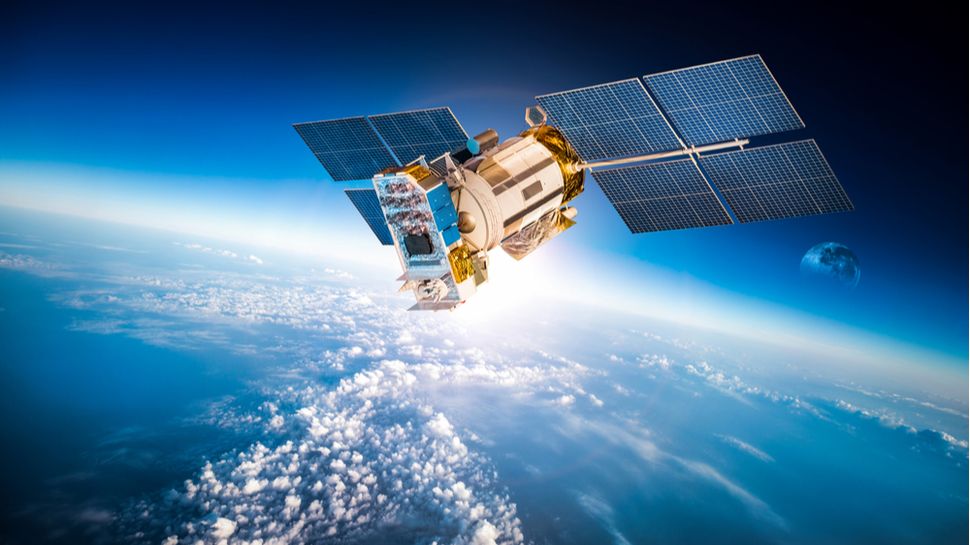The UK’s Competition and Markets Authority (CMA) fears the proposed $7.3 billion merger of Viasat and Inmarsat could drive up prices for lower quality in-flight Wi-Fi.
Preliminary results of the investigation (Opens in a new tab) By the watchdog it was concluded that the deal would combine the largest suppliers in the market with a few other alternatives.
While several companies, including Starlink and OneWeb, target the low Earth orbit (LEO) satellite aviation market, it will take time for these companies to become a significant player.
satellite connection
Given the difficulty of switching suppliers once equipment is installed, the CMA is concerned that the combined company will be able to effectively close a large portion of the market before a potential competitor can compete.
“This is an evolving market, but the combined companies are currently two major players – and it remains uncertain whether the next generation of satellite operators will be able to compete against them effectively,” said Colin Raftery, senior director at the CMA.
“Ultimately, airlines could face a worse deal because of this merger, which could have spillover effects on UK consumers as in-flight connectivity becomes more prevalent.”
Both parties now have five business days to submit proposals that will address the CMA’s concerns, after which the CMA will have the same amount of time to accept any offer or refer the case to a “Phase Two” investigation.
CEOs at both companies denied the merger was anti-competitive and said they hoped a phase two would allow the deal to go ahead.
“There is great interest all around, high performance, affordable prices [in-flight Wi-Fi]Mark Danberg, CEO of Viasat, said the CMA’s decision to go ahead with the phase two review was not expected. “We intend to work closely with the CMA to show that our transactions will benefit clients by improving efficiencies, reducing costs, and increasing IFC availability around the world – and reaching a satisfactory outcome in phase two.”
“There is no shortage of competition in satellite connectivity for the aviation sector,” added Rajiv Suri, CEO of Inmarsat. “Already strong players are offering in-flight connectivity and new LEO players – who already occupy more than half of globally available satellite broadband capacity – are targeting aviation aggressively and successfully. We expect competition to be strong in the coming years, and together Viasat and Inmarsat will be in a position to Good to invest in the technologies needed to meet the growing needs of aviation customers and compete with LEOs and others.”
Inmarsat and Viasat first announced plans to merge last November and hope to complete the deal by the middle of this year. Another UK-based satellite company, OneWeb, is also in the process of merging with a foreign company, Eutelsat.

